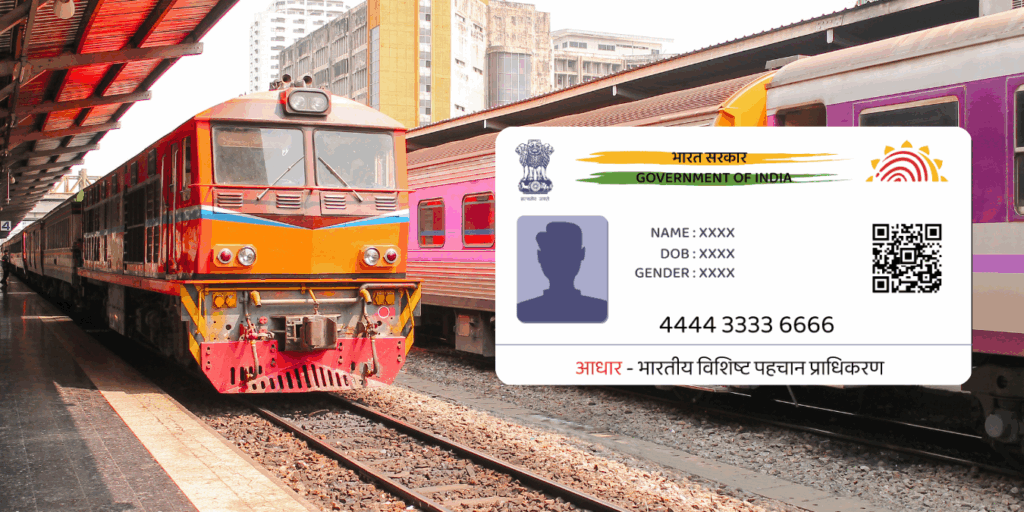
” Don’t miss the March 31 ITR deadline! File updated returns for the last two years to avoid penalties. Learn how to correct errors, claim missed deductions, and comply with tax regulations. Stay informed with the latest updates and step-by-step guidance for seamless tax filing. Act now to ensure compliance! “
As the financial year draws to a close, taxpayers in India are reminded of the crucial deadline for filing their updated Income Tax Returns (ITR). The provision for filing an updated return was introduced in the Finance Act of 2022, allowing taxpayers to rectify mistakes or omissions in their returns. This blog post aims to provide comprehensive information on the updated ITR filing process, the importance of meeting the deadline, and the steps involved in filing an updated return. We will also include relevant SEO keywords to help this post rank well on Google.
Understanding the Updated ITR Filing Provision
The updated ITR filing provision was introduced to promote voluntary compliance and reduce litigation. Taxpayers who have missed reporting income or made errors in their ITR can now rectify these mistakes by filing an updated return. This provision is particularly beneficial for those who have discovered discrepancies in their returns after the original filing deadline.
Key Points:
- The updated return can be filed within two years from the end of the relevant assessment year.
- The deadline for filing an updated return for the financial year 2021-22 (assessment year 2022-23) is March 31, 2025.
- The provision was introduced in the Finance Act of 2022 by Finance Minister Nirmala Sitharaman.
Importance of Filing Updated ITR Before the Deadline
Filing an updated ITR before the deadline is crucial for several reasons:
- Avoid Penalties: Filing an updated return helps avoid penalties and interest that may accrue due to discrepancies in the original return.
- Compliance: It promotes voluntary compliance and ensures that taxpayers meet their tax obligations accurately.
- Rectify Mistakes: It provides an opportunity to rectify mistakes or omissions in the original return, ensuring that the tax return is accurate and complete.
Steps to File an Updated ITR
Filing an updated ITR involves several steps. Here is a detailed guide to help taxpayers navigate the process:
- Download Form ITR-U:
- Visit the Income Tax Department’s website: https://incometaxindia.gov.in/ and download Form ITR-U
- Log in to the E-Filing Portal:
- Log in to the e-filing portal using your credentials.
- Select “Updated Return (ITR-U)” from the available options.
- Enter Necessary Details:
- Enter the necessary details, including the additional income and tax payable.
- Ensure that all information is accurate and complete.
- Compute and Pay Additional Tax:
- Compute the additional tax payable based on the discrepancies in the original return.
- Pay the additional tax before submitting the updated return.
- Submit and Verify the Return:
- Submit the updated return through the e-filing portal.
- Verify the return using Aadhaar OTP, net banking, or Digital Signature Certificate (DSC).
Conditions and Restrictions for Filing Updated ITR
While the updated ITR provision is beneficial, there are certain conditions and restrictions that taxpayers must be aware of:
- Not Allowed in Certain Cases:
- An updated return cannot be filed if it results in a lower tax liability or a higher refund.
- It is also not allowed if a tax survey has been conducted or a search has been initiated against the taxpayer.
- Additional Tax Payment:
- Taxpayers must pay additional tax while filing the updated return. The amount of additional tax varies based on the time elapsed since the end of the relevant assessment year.
- Specific Time Frame:
- The updated return must be filed within two years from the end of the relevant assessment year. For example, the deadline for filing an updated return for the financial year 2021-22 is March 31, 2025.
Benefits of Filing Updated ITR
Filing an updated ITR offers several benefits to taxpayers:
- Correct Errors:
- It allows taxpayers to correct errors or omissions in their original return, ensuring accuracy and completeness.
- Avoid Legal Proceedings:
- By voluntarily filing an updated return, taxpayers can avoid prolonged legal proceedings and potential penalties.
- Promote Compliance:
- It encourages voluntary compliance and helps maintain a clean and efficient tax system.
Common Mistakes to Avoid
- Incorrect Calculation of Additional Tax: Ensure that you accurately calculate the additional tax liability to avoid any discrepancies.
- Missing Deadlines: Be mindful of the March 31 deadline to avoid missing the opportunity to file updated returns.
- Incomplete Documentation: Ensure that all supporting documents are in place to avoid any issues during the assessment process.
The provision for filing an updated ITR is a significant step towards promoting voluntary compliance and reducing litigation. Taxpayers who have missed reporting income or made errors in their original return should take advantage of this provision and file an updated return before the deadline. By doing so, they can avoid penalties, rectify mistakes, and ensure that their tax return is accurate and complete.
Remember, the deadline for filing an updated return for the financial year 2021-22 is March 31, 2025. Don’t miss this opportunity to correct any discrepancies in your ITR and stay compliant with tax regulations.
-
Samsung Galaxy S26 vs S26+ vs S26 Ultra: Which Samsung Flagship Gives Better Value for Money
Samsung just dropped the Galaxy S26 Ultra — and the price will surprise you. A 200MP camera, Privacy
-
5 Key Takeaways from Trump’s 2026 State of the Union Address — What It Really Means for You
The longest State of the Union speech in modern presidential history was delivered on the night of February
-
Angel One Fixes February 26 Record Date for 1:10 Split: Share Price Reaction
Angel One shares plunged Tuesday as the 1:10 stock split record date looms on February 26—but why the































